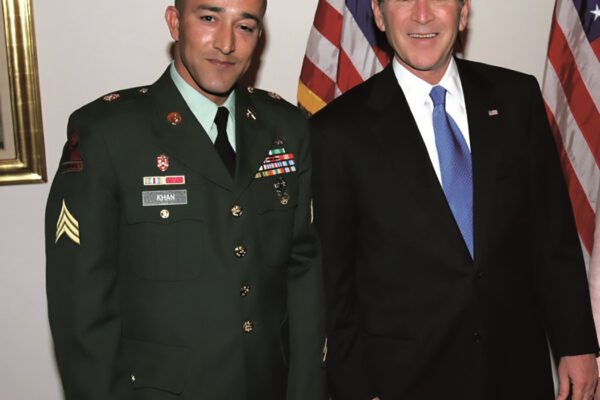
ACE at 100: Supporting the Dreams of Severely Injured Military Veterans
In 2007, ACE created the Severely Injured Military Veterans: Fulfilling Their Dreams program in response to a request from James Wright, then president of Dartmouth, and Walter Reed National Military Medical Center for academic advising for over 700 severely injured service members.
November 7, 2018
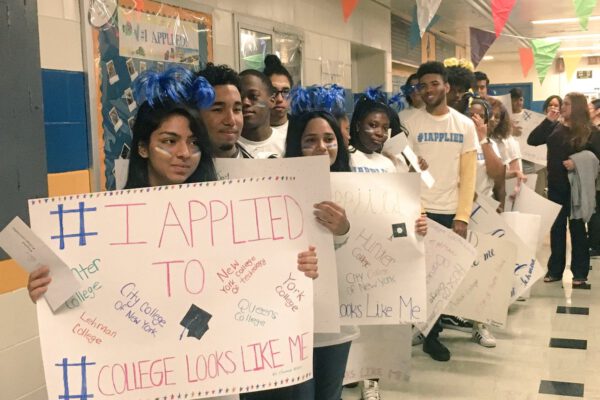
ACE at 100: Increasing Access Through the American College Application Campaign
In 2005, a North Carolina high school hosted an event called College Application Day, with the goal of having every senior complete and submit at least one college application. The program soon spread statewide, reaching underserved students and by 2011, ACE President Molly Corbett Broad advocated scaling the program nationwide.
September 17, 2018

“Learning by Doing” Through Apprenticeships and Flexible Completion Pathways
A competitive workforce and an innovative economy have always depended on a mix of formal postsecondary education and “learning by doing” in the workplace. What does that mix look like in 2018?
August 2, 2018

Higher Education for the Nation’s Future
ACE President Ted Mitchell introduces the Council’s new Strategic Framework, which will underpin the organization for the next three years and help chart a successful course for the future of higher education.
June 20, 2018
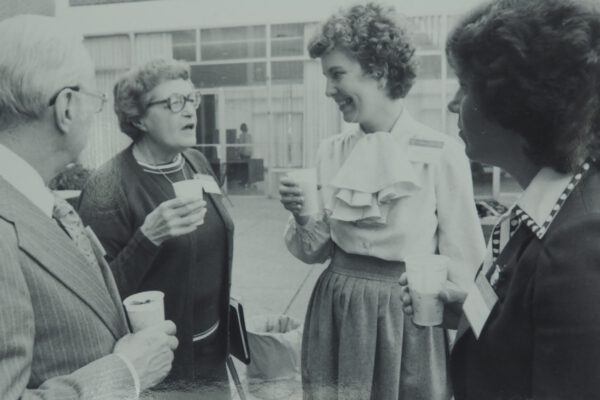
ACE at 100: Advocating for Women in Higher Education
Throughout its history, ACE has worked to support the inclusion of women in all aspects of higher education. From advocating women’s right to work in the 1920s to creating a pipeline to higher education leadership positions in recent years, ACE has spearheaded a number of initiatives focused on women and their success.
June 4, 2018
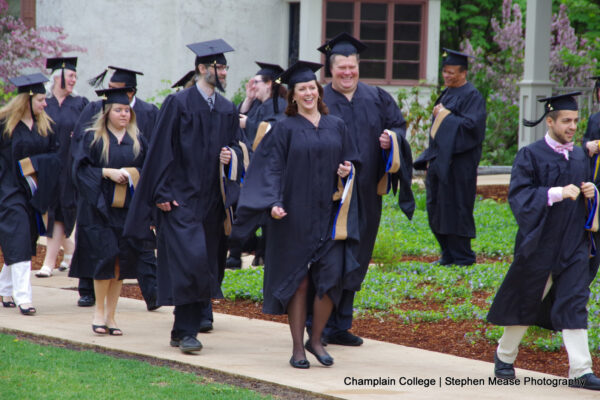
A Motivational Framework for Instructional Equity in Higher Education
What would it take to achieve high levels of postsecondary student learning across all cultural groups and different levels of academic preparation? Margery Ginsberg proposes a “motivational framework” to redress persistent disparities in learning and completion among historically underserved learners.
May 16, 2018
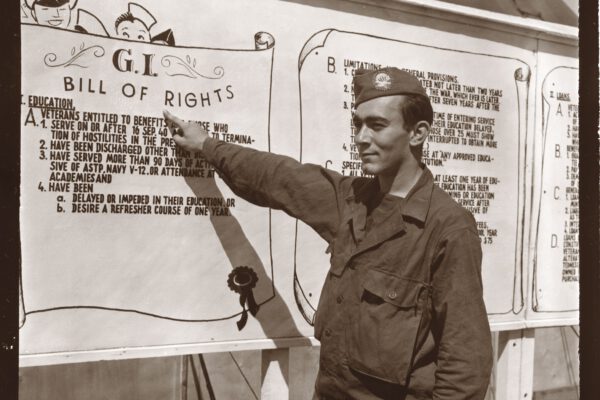
ACE at 100: Serving Those Who Serve Through the GI Bill
ACE has played a key role in responding to the educational needs of military members and veterans, perhaps most significantly by working closely with the federal government on two GI Bills—the original implemented after World War II, and an updated version in the aftermath of 9/11.
May 9, 2018
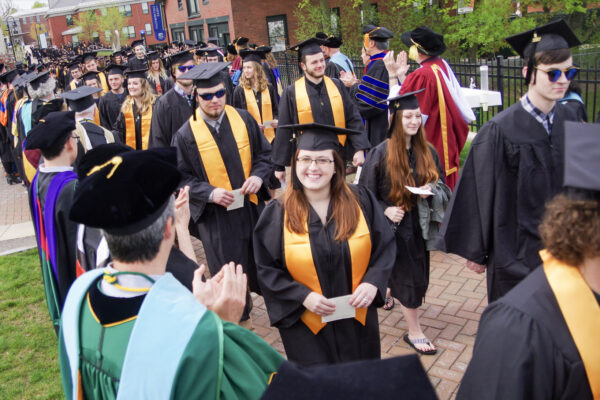
The Hope Gap: Helping Adult Students Overcome Barriers to Fulfilling Careers
Many adults have considered going back to college to enhance their prospects, but they don’t perceive higher education to be a realistic option. Donald J. Laackman, president of Champlain College, writes that higher education leaders need to reckon with this hope gap.
April 30, 2018
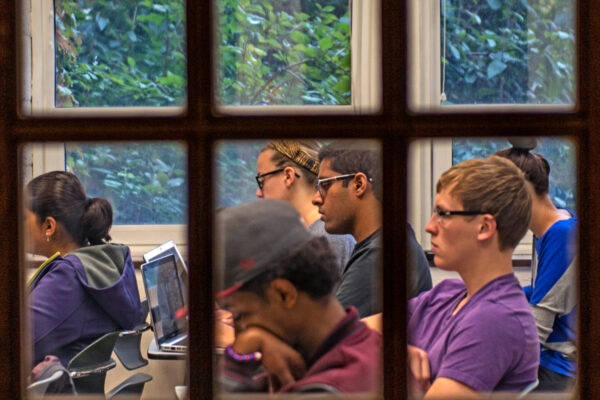
Presidential Leadership Is Key to the Development of New Faculty Models
Among the many challenges college and university presidents face, the need to address contingent faculty roles and related work policies is among the most pressing, according to Adrianna Kezar and Daniel Scott of the University of Southern California.
April 18, 2018
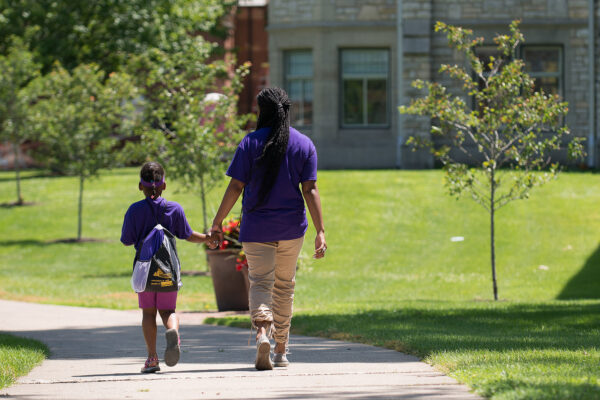
Fulfilling Lifelong Dreams: College Promise Programs for Adult Learners
Louis Soares and Morgan Taylor present a case for expanding Promise Programs—which help students complete their degree—to the adult student population.
February 20, 2018
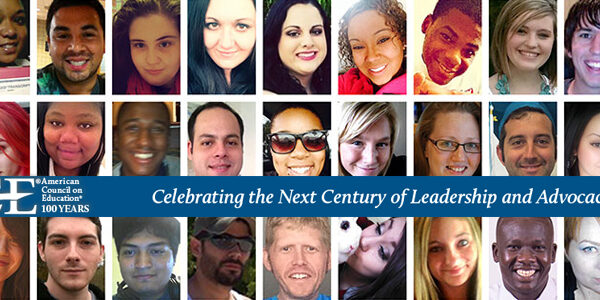
ACE at 100: The GED® as a Critical and Evolving Tool for College and Career Success
Most people have heard of the GED, but many might not know that it was created by ACE in 1942, after the United States Armed Forces Institute approached ACE with a request to develop tests to measure high school-level academic skills.
February 7, 2018
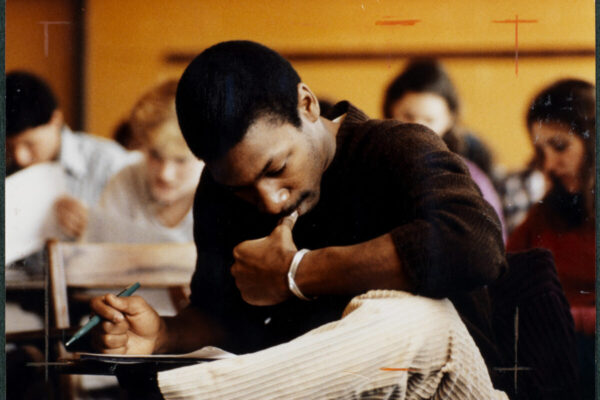
Faculty Development as an Authentic Professional Practice
For most college instructors, regular participation in their teaching development is neither a workplace expectation nor a professional obligation. Yet faculty who regularly participate in professional development improve their students’ chances for success.
January 17, 2018